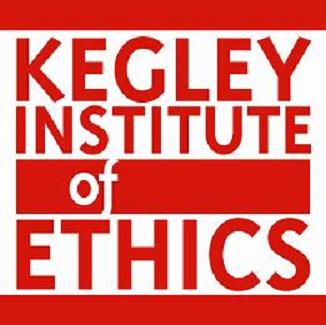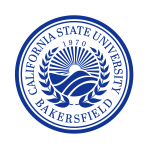Ethics and Online Teaching
 Submitted by KIE 2021-2022 Faculty Fellow, Dr. Sumita Sarma
Submitted by KIE 2021-2022 Faculty Fellow, Dr. Sumita Sarma
The college and university campus lockdown during the COVID-19 pandemic largely replaced classroom teaching with online teaching and thrust the discussion of online exam proctoring (supervision technologies aimed to monitor students’ exam and assignment completion) into the public spotlight1. Online proctoring services (such as Proctorio, Examity, ProctorU, etc.) provide an alternative to faculty physically proctoring exams in a classroom. These companies posit that their remote online assessment using AI (Artificial Intelligence with Machine Learning) along with human proctors have adequate integrity safeguards and can help uphold the quality and value of the degree that students earn by ensuring academic integrity.
I first heard about online proctoring software tools while doing my PhD at the University of Missouri, Kansas City. I did not personally experience online surveillance during an exam or activity except for browser lockdown (which prevents access to other applications while working online) during computer-based testing such as the Graduate Record Examination (GRE). However, the COVID-19 pandemic has emerged as a massive disruptor of higher education practice with all educational institutions moving to online teaching. Colleges and universities scrambled to purchase licenses for teleconferencing software such as Zoom so that faculty and students could virtually meet in these “zoom classrooms” and continue their education. While teaching through platforms like Zoom (or Microsoft’s Teams or Cisco’s Webex), online proctoring tools have become more common as well.
In this virtual mode, some faculty instructors and administrators used robust online proctoring methods to administer reliable exams that uphold the value of a program and ensure academic integrity. A cheating scandal where integrity is compromised can cause not only monetary loss to an educational organization, but also the loss of reputation and brand. A possible solution that meet these criteria is the use of remote monitoring or surveillance software provided by several startup companies. Without online surveillance, there seemed little choice for instructors to deter, detect and prevent dishonest behaviors (such as cheating, impersonating others) during exams. On the other hand, students were alarmed that the use of such surveillance software would intrude into their privacy and exacerbate their tension and anxiety around exams and test taking. In addition, use of proctoring software results in collection of students’ data including personally identifiable information which has the potential to be misused by these third-party proctoring companies for commercial gain. As such, tension around ethical issues (transparency, integrity, trust, privacy) became prominent and the center of debate in online higher education in the U.S.
As a KIE faculty Fellow, I am interested in examining empirically-informed ethical issues centering around transparency, integrity, trust, and privacy from both a faculty and student standpoint. To understand the opinions of both faculty and students of higher education on the experience of online proctoring and related ethical issues, I plan to administer surveys to representative samples of these two populations at CSUB. The survey will include questions about whether proctoring services are essential in higher education and whether or not they are an effective way to hold students accountable in an online environment. In addition, the survey will focus on the following (not exhaustive):
- From a faculty perspective, do proctoring services ensure academic honesty?
- Do students believe that online proctoring services are a violation of privacy?
- Are students informed beforehand of what proctoring service consider “red flags” for suspicious activities?
- Do online classes and the use of proctoring software prepare students for a “new normal” where employees might continue to work partially from home and might be virtually monitored by their employers?
Ultimately, my objective is to find a fair and suitable way for both the educational institutions and their students to balance the various tensions arising out of the aforementioned ethical issues.
References:
- Coghlan, S., Miller, T., & Paterson, J. (2021). Good Proctor or “Big Brother”? Ethics of Online Exam Supervision Technologies. Philosophy & Technology, 1-26.





